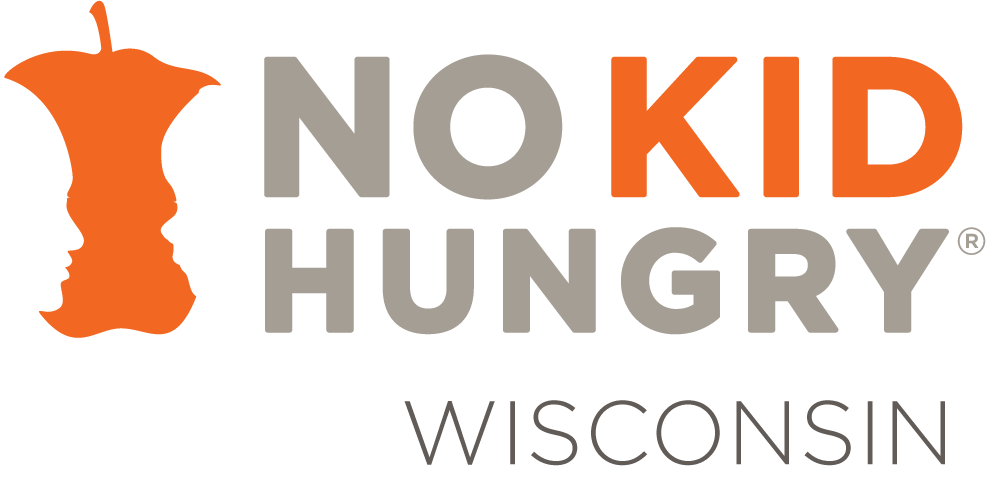
In a small Wisconsin town, Mayville Schools has been running a summer meal program that’s had a significant impact on the local community. Christina Mejaki, Food Service Director, runs a summer meal program, which has evolved and adapted through various challenges, especially during and after the COVID-19 pandemic.
Before the pandemic, Mayville’s summer meal program operated under a traditional congregate model where children would come to a central location, typically the school, to eat their meals. The numbers were modest, with around 30 to 40 kids participating. However, the onset of COVID-19 necessitated a change in approach. With schools closed and social distancing measures in place, Christina and her team had to rethink their strategy.
The team quickly adapted to a non-congregate model, allowing for meal pickups and deliveries directly to students. This change was well-received, especially by working parents who found it easier to receive meals delivered directly to their homes.
The delivery model turned out to be a game-changer. Christina noted, “The delivery kind of seemed to be an ace in the hole. It was much easier for parents who had gone back to work to take advantage of the program.” The community response was overwhelmingly positive, with meal numbers increasing significantly.
However, new challenges emerged as rules and regulations changed. This year, due to census-related restrictions, the program could no longer deliver meals to certain areas, which Christina found inequitable to continue. “We could deliver to free and reduced-price students but not to paid students outside the census area, which didn’t make sense,” she explained. This led to a significant reduction in the number of meals delivered, prompting another shift in strategy.
Adapting to the new regulations, Christina and her team started a weekly pickup model at their school building. Parents now come every Monday to pick up a week’s worth of meals for their children. Despite the reduction in meal numbers due to the inability to deliver, the program still managed to distribute an average of 265 bags a week to kids in their community.
The logistics of the new model required changes in staffing. Previously, the program employed six staff and six student workers, but now it operates with just Christina and four other staff. They work one day a week, packing and distributing meals on Mondays. The reduction in staff hours from 40 hours a week to just 10 has been a significant adjustment.
The meals themselves are a mix of fresh and easy-to-prepare items, ensuring that children receive nutritious food that they can easily heat up. Christina shared that they try to keep the meals similar to what kids are used to during the school year, including items like mac and cheese, chicken nuggets, and fresh fruits and vegetables.
Engaging with the community has always been a priority for Christina. The program frequently uses surveys to gather feedback and ensure that they are meeting the community’s needs.
Despite the challenges, Christina remains optimistic and committed to the program. She believes that the impact on the children and the community makes all the hard work worthwhile. “The joy on the kids’ faces when we deliver is so rewarding,” she said. “For some kids, these meals are the only ones they get […] this program has been a huge win for our community.”
As the program continues, Christina and her team are determined to adapt and find new ways to serve their community better. Their story is a testament to the resilience and dedication of those who work to ensure that no child goes hungry, even in the face of changing regulations and unprecedented challenges.
Mayville Schools’ summer meals program stands as an inspiring example of how communities can come together to support their most vulnerable members. Through innovation, adaptability, and a deep commitment to their mission, Christina and her team continue to make a significant impact on the lives of the children in their community.


